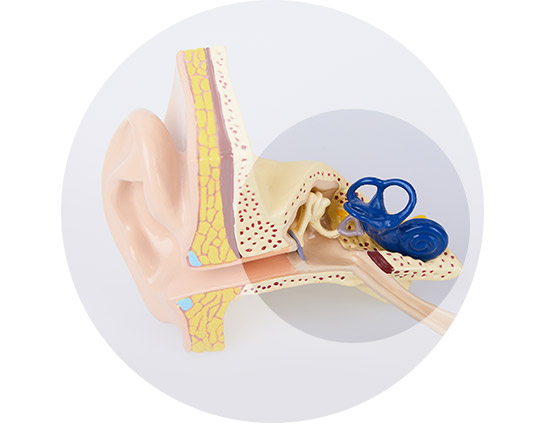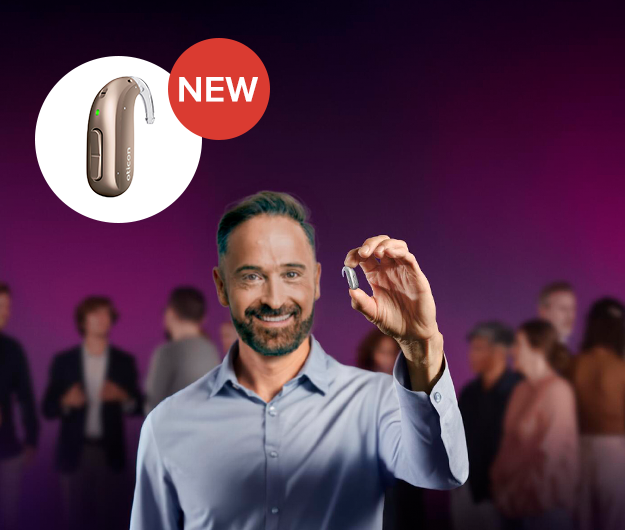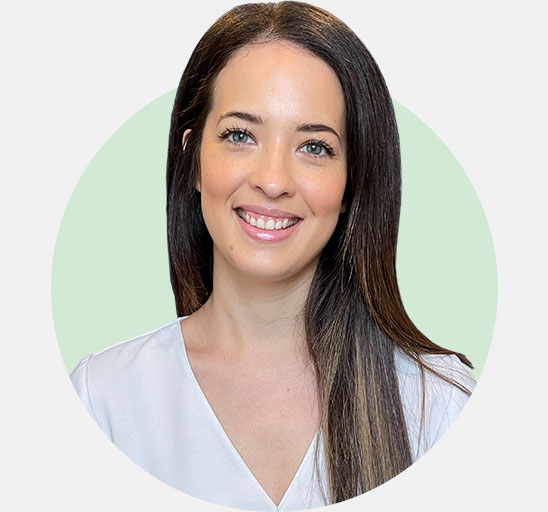If you think you have age-related hearing loss, book a FREE* hearing check to find out if you have presbycusis. We can explain your condition and suggest management options.
Age-related hearing loss (presbycusis)

What is age-related hearing loss?
Age-related hearing loss (or presbycusis) is a form of hearing loss that occurs gradually during the aging process. Usually, this type of hearing loss affects both ears. Depending on the individual, age-related hearing loss may start earlier or later in life and may gradually increase over time.
It is one of the most common conditions affecting older and elderly adults. One in six Australians has some form of hearing loss, which increases with age1.
Having trouble hearing can make it hard to understand and follow a doctor’s advice, hear phone calls, doorbells, and smoke alarms. Age-related hearing loss can also make it hard to enjoy talking with family and friends, leading to feelings of isolation and poor self-esteem2.


Book a FREE* hearing check for age-related hearing loss
Use the form below or quote the 'Audika' website when booking your appointment. All fields required.
Age-related hearing loss causes
The main cause of age-related hearing loss is ageing. Most commonly, it arises due to changes in the inner ear as you grow older. The factors that may have an influence on age-related hearing loss include the following:
- Genes
- Certain medical conditions
- Side effects of certain drugs and medications
- Age
- Smoking
- Repeated exposure to loud noises, such as music.
Did you know?
Men are more likely to develop a hearing loss in the higher frequencies compared to women1.
The frequency of your hearing loss refers to whether you are having trouble hearing high-pitched or low-pitched sounds.
6 common signs and symptoms of age-related hearing loss
The signs and symptoms of age-related hearing loss can vary from person to person, but some of the most common symptoms include the following:
1. You have difficulty following group conversations (especially when background noise is present) and you get tired from having to concentrate so much.
4. Sounds seem unclear, or people sound like they are mumbling, often having difficulty hearing on the phone.

Age-related hearing loss management
The best management option for someone with age-related hearing loss (presbycusis) will depend on the person's overall health, age and the severity of the hearing loss.
The most common treatment for age-related hearing loss is hearing aids, and may also include using assistive aids, such as telephone amplifiers, and learning better communication techniques and strategies.
How can you protect your hearing as you age?
Since age-related hearing loss is irreversible, prevention is important. Below are some of the most effective ways to prevent it:
- Avoid (or reduce exposure to) excessively loud noises
- Avoid smoking
- Seek treatment for hearing health conditions (such as ear infections)
- Wear ear protection in loud environments (ear plugs, earmuffs)










